ORI Orica Token Airdrop Checker
Check an Airdrop Claim
Enter details about the airdrop you're considering to determine if it's legitimate or potentially fraudulent.
If you’ve heard about the ORI Orica Token airdrop, you’re probably wondering whether it’s a genuine opportunity or a clever trick. The crypto world is riddled with airdrop promises, and separating fact from fiction can be a full‑time job.
What is an airdrop, and why do projects use them?
An airdrop is a distribution method where a blockchain project sends free tokens to a group of users. The goal is usually to bootstrap a community, reward early supporters, or generate buzz. Legitimate airdrops are announced on official channels, have transparent tokenomics, and require no private keys or seed phrases.
The ORI Orica Token claim - what we know
When you see a claim about ORI Orica Token - a supposed cryptocurrency airdrop allegedly run by the company Orica, the first question is: does the project even exist?
Our research up to October2025 found no official website, whitepaper, or verified smart‑contract address for an "ORI" token tied to a company named Orica. The name bears a striking resemblance to projects in the Orca ecosystem, such as Orca DeFi AI (an AI‑powered assistant on Solana that ran an airdrop in July2025) and the original Orca DEX (a decentralized exchange on Solana that launched the ORCA token in 2021). The similarity in naming is a classic red‑flag for phishing or scam attempts.
Legitimate Orca ecosystem airdrops you can verify
To put the ORI claim into perspective, here are two real airdrop events that actually happened in 2025:
- ORCAI airdrop (July11‑20,2025): Distributed 1,000 ORCAI tokens to the top 1,000 URS token holders on Solana. The distribution was announced on the official Orca DeFi AI Twitter account and executed automatically via a verified smart contract.
- Orca DEX incentives (ongoing): The platform occasionally rewards liquidity providers with ORCA tokens through its launchpad. All announcements come from the verified Orca DEX Discord and blog, and the token contract is publicly viewable on Solana explorers.
Both campaigns required users to hold tokens in a Solana wallet-no private keys were ever requested, and the smart‑contract addresses matched those listed on official channels.
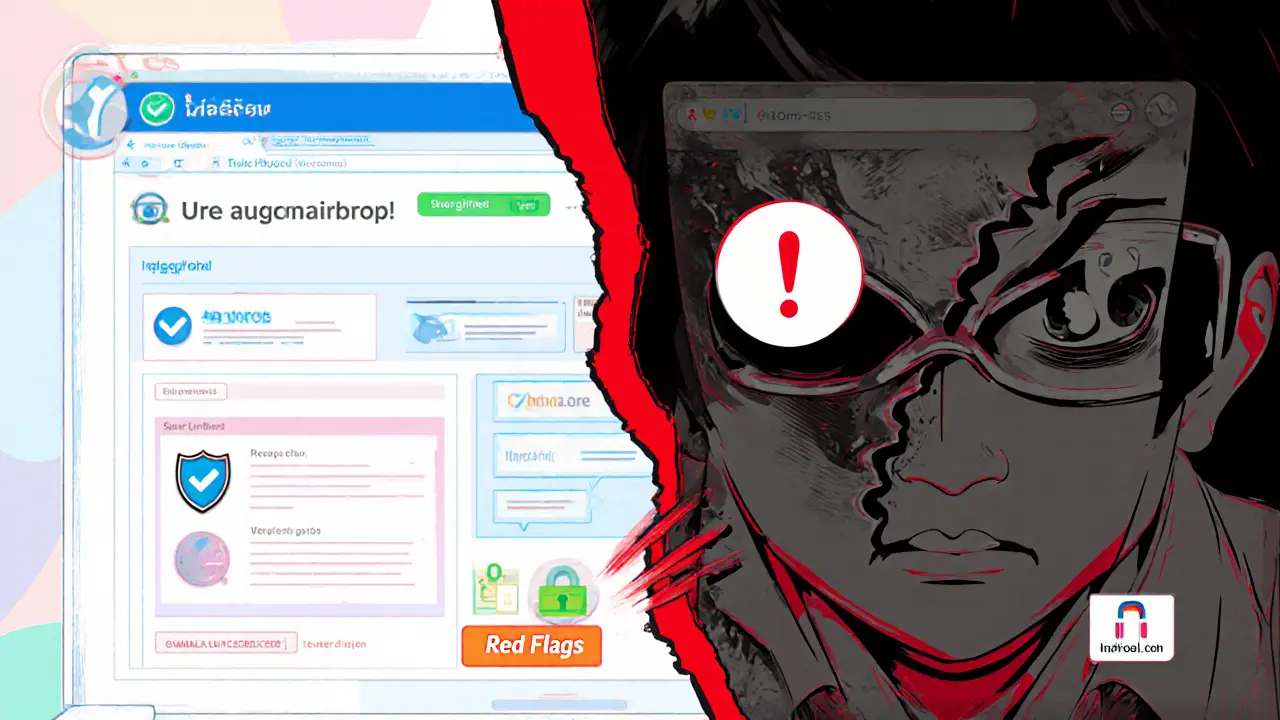
Red flags that suggest the ORI airdrop is fake
Scammers often copy naming patterns from reputable projects. Look for the following warning signs:
- Unverified source: No official Orica (the supposed organization behind the airdrop) website, social media, or team members.
- Requests for private keys or seed phrases: Legitimate airdrops never ask for this information.
- Suspicious smart‑contract address: Without a verified contract on a block explorer, you can’t be sure the tokens will ever be delivered.
- Too‑good‑to‑be‑true rewards: Airdrops that promise “free $10,000 worth of tokens” are almost always scams.
- Copy‑paste language: Phrases like “join our community now” that are identical to other project announcements often indicate a mass‑spam campaign.
How to verify any airdrop claim
Before you click a link or share personal data, run through this quick checklist:
- Check the official announcement (usually a blog post, Twitter thread, or Discord post from a verified account) for the exact token name and contract address.
- Search the contract address on a reputable block explorer (e.g., Solscan for Solana). Verify that the contract was created by a known developer address.
- Look for community feedback on trusted forums such as Reddit’s r/cryptocurrency or the project’s Discord server.
- Confirm that no private keys, passwords, or seed phrases are ever requested.
- Use a tool like Etherscan (or Solscan for Solana) to view token holders and transaction history. A real airdrop will show a batch of transfers from the project’s address to many wallets.
Step‑by‑step guide to protect yourself
- Identify the token name and symbol. Write them down exactly as they appear.
- Locate the official communication channel (Twitter @OrcaDeFiAI, Discord #announcements, etc.).
- Copy the smart‑contract address from the official post. Do NOT trust links that redirect.
- Paste the address into Solscan. Verify the creator’s wallet and see the transaction history.
- If the contract looks suspicious or the source is unverified, ignore the claim.
- Never share your private key or seed phrase. Legitimate airdrops will never ask for them.
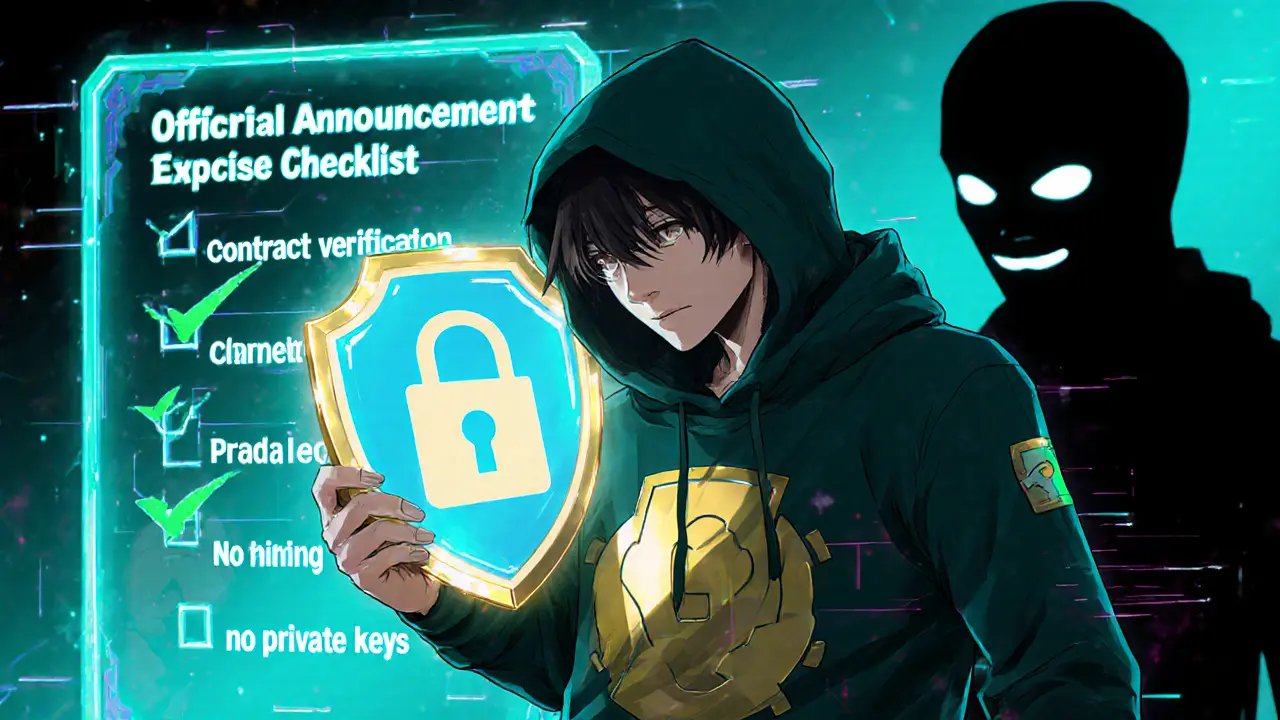
Comparison: Legitimate vs. Suspicious Airdrop Claims
| Feature | Legitimate (e.g., ORCAI) | Suspicious (e.g., ORI Orica) |
|---|---|---|
| Source of announcement | Verified Twitter/Dex official channels | Unverified or anonymous social posts |
| Smart‑contract verification | Visible on Solscan, creator address known | No contract address or matches unknown wallet |
| Tokenomics clarity | Supply, distribution ratio, and eligibility listed | Vague or missing details |
| Community feedback | Positive discussion on Reddit/Discord | Mostly spam or warning posts |
| Required information | Only wallet address (no keys) | Private key, seed phrase, or payment |
Bottom line: stay skeptical and do your homework
The lack of any verifiable data for the ORI Orica Token airdrop strongly suggests it’s a fabricated scheme. By contrast, the Orca ecosystem’s real airdrops-like ORCAI-follow transparent processes and are easy to track on the Solana blockchain. Use the checklist above, rely only on official channels, and keep your private keys to yourself.
Frequently Asked Questions
What should I do if I already gave my seed phrase to an ORI airdrop?
Immediately move any assets to a brand‑new wallet whose seed phrase you control. Notify the wallet provider and consider contacting a security firm if a large amount is at risk.
How can I find the official Twitter account for a real airdrop?
Search for the project name plus “official” on Twitter, check for the blue verification badge, and cross‑reference the handle with the project’s website or Discord.
Why do legitimate airdrops never ask for private keys?
A private key is the password to your wallet. Sharing it gives full control over all funds. Real projects distribute tokens by reading your public address only.
Where can I verify a Solana contract address?
Use Solscan.io or explorers.solana.com. Enter the contract address and look for the creator’s verified badge and transaction history.
Are there any legitimate airdrops coming up in 2025?
Yes. Keep an eye on established projects like Orca DEX, Phantom wallet, and new DeFi protocols that announce via their official channels. Early‑bird guides often list upcoming opportunities.

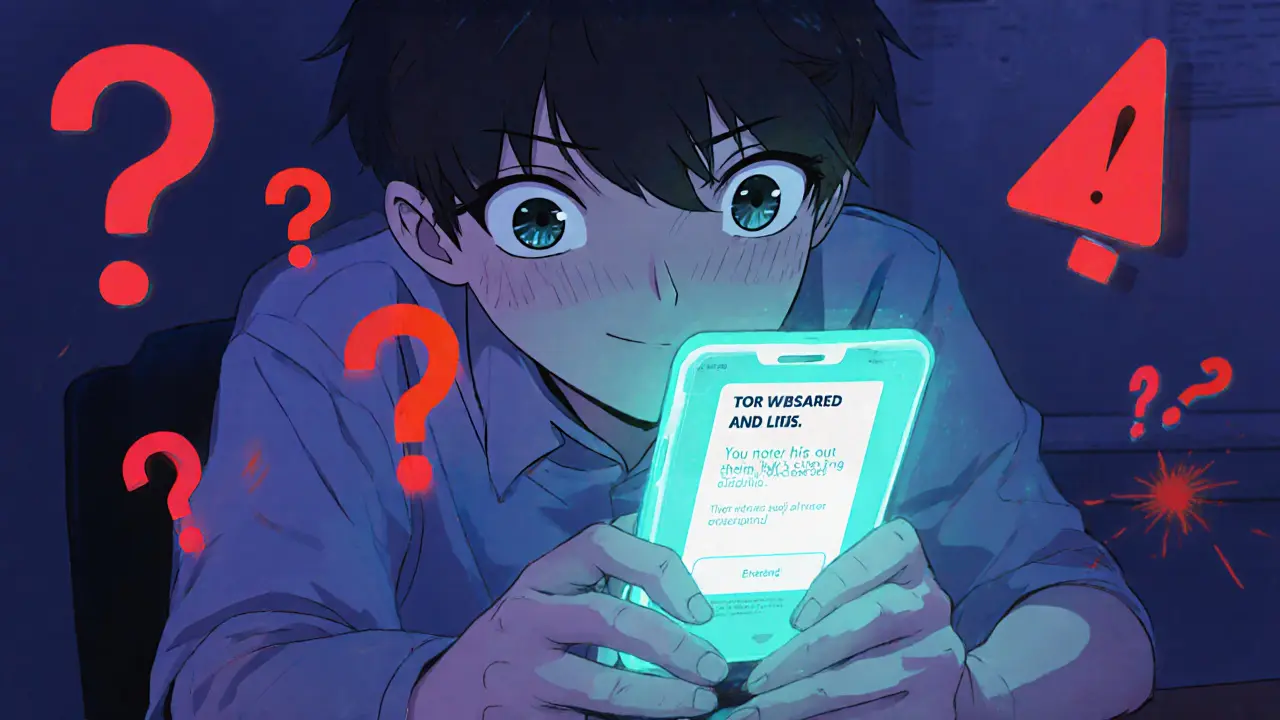
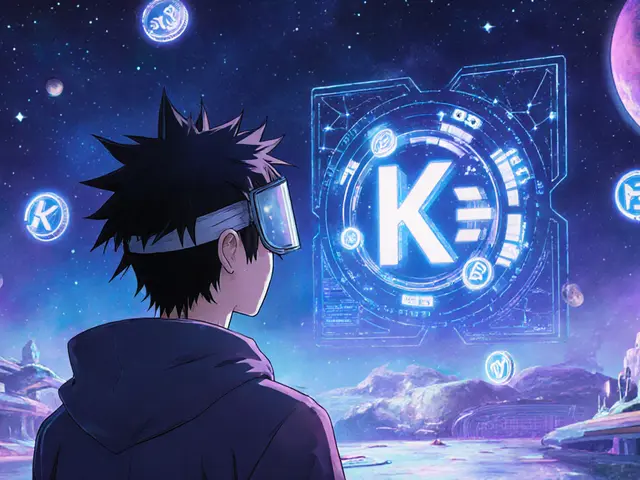

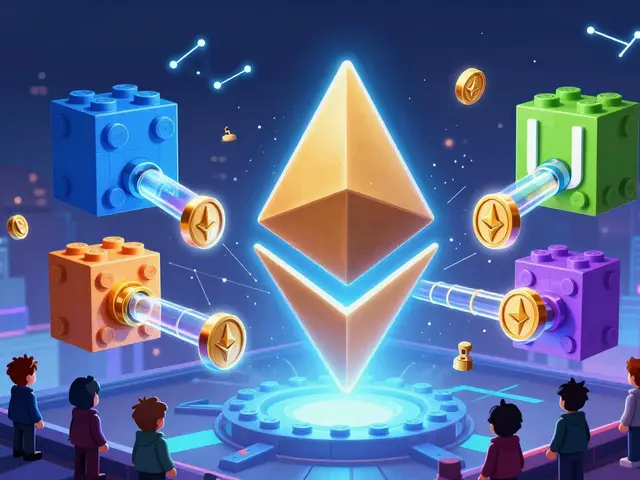
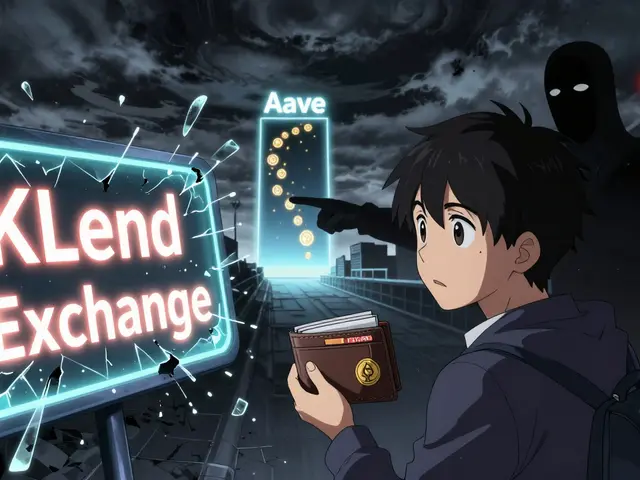
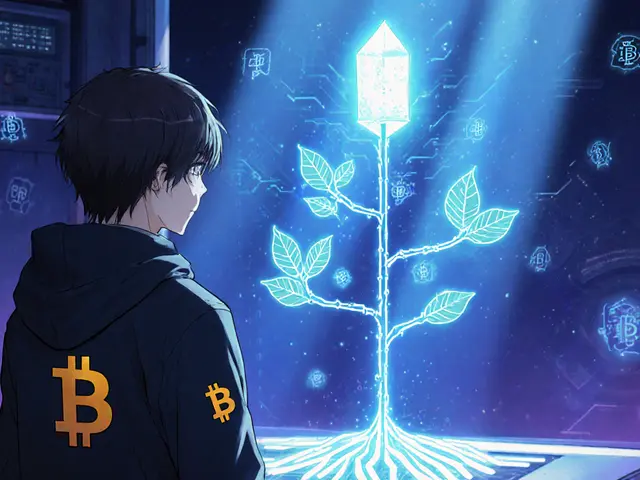
Twinkle Shop
August 7, 2025 AT 12:36The ORI Orica token airdrop exemplifies a convergence of marketing hype and insufficient due diligence, which necessitates a rigorous analytical framework for prospective participants. First, the absence of a verifiable corporate entity named Orica raises immediate concerns regarding provenance and accountability. Second, the token's nomenclature mimics the Orca ecosystem, a tactic commonly employed by malicious actors to exploit brand recognition. Third, the lack of an official whitepaper or audited smart‑contract code eliminates any substantive basis for trust. Fourth, the promotional material fails to disclose tokenomics, distribution mechanisms, or vesting schedules, thereby obscuring fundamental economic parameters. Fifth, the purported reward structure promises exorbitant returns without substantiating liquidity or market depth, a classic red‑flag indicative of pump‑and‑dump schemes. Sixth, the communication channels cited are either non‑existent or unverified, contravening best practices for transparent community outreach. Seventh, the request for private keys or seed phrases, as documented in certain community posts, directly contravenes cryptographic security principles. Eighth, the contract address supplied in dubious forums does not appear on reputable block explorers, further undermining its legitimacy. Ninth, independent verification attempts reveal that the address is associated with newly created wallets lacking any transaction history. Tenth, the timing of the alleged airdrop aligns suspiciously with known phishing campaigns targeting Solana users. Eleventh, the linguistic analysis of the promotional texts uncovers repetitive copy‑paste phrasing reminiscent of mass‑spam vectors. Twelfth, community sentiment on established subreddits trends overwhelmingly negative, with numerous warnings issued by seasoned validators. Thirteenth, the lack of KYC or AML compliance mechanisms signals regulatory evasion, a hallmark of illicit operations. Fourteenth, the operational security posture-absence of multi‑factor authentication for announcements-exposes participants to social engineering attacks. Fifteenth, historical precedence demonstrates that similar schemes have resulted in substantial financial losses for unsuspecting investors. Finally, a prudent approach entails cross‑referencing the token's details with official Orca channels, scrutinizing the contract on Solscan, and refraining from disclosing any sensitive credentials, thereby safeguarding one's digital assets.
Carthach Ó Maonaigh
August 8, 2025 AT 16:23What a load of baloney, pure scam nonsense.
Brooklyn O'Neill
August 9, 2025 AT 20:09Hey folks, just wanted to point out that while the ORI claim is shaky, it’s always good to cross‑check any airdrop with the project’s official Discord or Twitter. If you can’t find a verified badge, it’s safer to steer clear.
Greer Pitts
August 10, 2025 AT 23:56i totally get the hype around free tokens but man, never ever hand over your seed phrase. keep it locked up and stay safe!
Lurline Wiese
August 12, 2025 AT 03:43Honestly, the drama surrounding ORI is just another chapter in the endless saga of crypto scams-so many empty promises, zero accountability. It’s like watching the same tired thriller over and over again.
Alex Gatti
August 13, 2025 AT 07:29Looks like the checklist in the post is solid check the source then the contract then never give keys
stephanie lauman
August 14, 2025 AT 11:16It is evident that the orchestrators of the ORI Orica token airdrop are employing obfuscation tactics designed to exploit the credulity of unsophisticated participants; consequently, I advise a comprehensive forensic analysis of the contractual code, coupled with verification of the provenance of the announcing entity, before any engagement is contemplated. Moreover, the absence of a verifiable audit report constitutes a flagrant breach of industry standards, thereby rendering the proposition untenable.
Patrick MANCLIÈRE
August 15, 2025 AT 15:03For anyone still wondering how to validate an airdrop: start by locating the official announcement-look for a blue‑check on Twitter or a verified Discord role. Copy the contract address directly from that post, paste it into Solscan, and confirm the creator’s wallet shows a history of legitimate deployments. If the contract has no auditor label or the transaction pattern looks like a single‑source dump, walk away.
Jim Griffiths
August 16, 2025 AT 18:49That’s solid advice-keep it simple and check the explorer.
Taylor Gibbs
August 17, 2025 AT 22:36just a quick heads up – if a site asks for your private key, it’s a total scam, no joke.
Amy Harrison
August 19, 2025 AT 02:23💡 Stay sharp, friends! Always verify the source and never share your seed phrase. 🚀✨
Marc Addington
August 20, 2025 AT 06:09The ORI charade is a disgrace to true American crypto innovation – we need real projects, not these foreign knock‑offs.
Amal Al.
August 21, 2025 AT 09:56Dear community, I implore you to exercise utmost caution-verify every detail, cross‑reference official channels, and remember that safeguarding your private keys is paramount; any deviation from this protocol may result in irrevocable loss of assets, which we must collectively avoid.
Tyrone Tubero
August 22, 2025 AT 13:43Yo, this ORI thing is just another junky hype train.